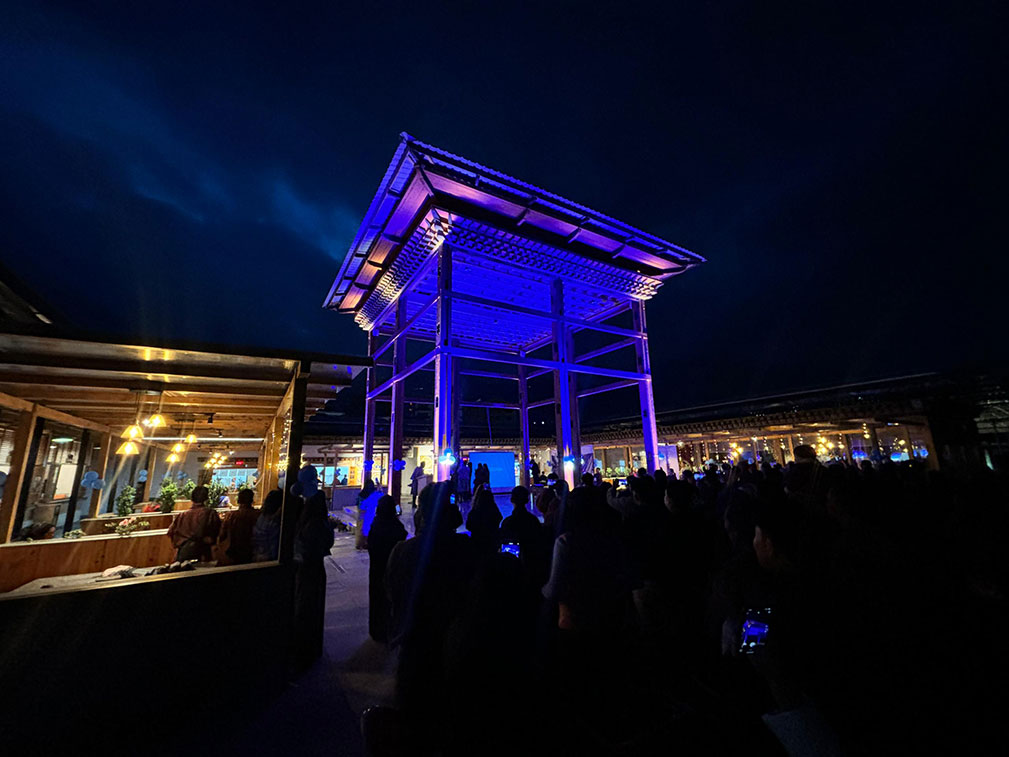Yangyel Lhaden
Families and civil society groups convened at Kaja Throm to mark World Autism Awareness Day on April 2 in Thimphu, advocating for the establishment of an inclusive environment for individuals living with autism. Their collective plea echoed a desire for equal opportunities, spanning from early childhood through the educational journey, underscoring the imperative of fostering an equitable society.
World Autism Awareness Day is commemorated every April 2nd to urge the United Nations Member States to undertake initiatives aimed at amplifying awareness surrounding individuals living with Autism across the globe.
Autism is a lifelong neurodevelopmental disorder characterised by difficulties in social interaction, communication, and repetitive behaviours, among others.
The executive director of Draktsho, Deki Zam, said that although policies and conventions affirm every child’s right to education, the reality often falls short. “Children with autism are frequently rejected by Early Childhood Care and Development (ECCD) centers due to challenges such as hyperactivity, aggression, and a lack of trained teachers.”
Emphasising the critical importance of providing children and individuals with autism equal opportunities for education, play, access to daycare centres, and social interactions, are frequently denied due to their disability, she said: “With the ratification of the United Nations Convention on the Rights of Persons with Disabilities, there is newfound optimism for people with disabilities.
Namgyal Zangmo, a mother, made the decision to relocate from Phuentsholing to Thimphu to enrol her five-year-old autistic son at Ability Bhutan Society (ABS).
“There is a lack of specialised teachers at private or government ECCDs to cater to my son’s needs,” said Namgyal Zangmo. “Organisations such as ABS should be in every dzongkhag so that it is convenient for parents.”
She said that her son’s condition improved after attending ABS. “He can now interact, sit in one spot for longer periods, and even make eye contact.”
Namgyal Zangmo said that through her personal experience, she could see many children experiencing developmental delays, necessitating the need for special care in ECCD centres and schools for children like hers. She said: “Timely intervention and care for autistic children is crucial.”
A health official said that although there is no official record of autism cases in the country, there would be data on autism in a few years to understand the situation better. “However, there have been an increasing number of cases of developmental delay in children reported in hospitals.”
This year’s World Autism Awareness Day theme, “Empowering Autistic Voices,” is aimed at providing increased support and empowerment to individuals with autism, enabling them to lead fulfilling lives and pursue successful careers.
Participants at the event, including parents, children, and guests, observed the tradition of wearing blue and “light-it-up-blue.”
The event venue and the National Memorial Choeten were illuminated in blue, symbolising acceptance and inclusion of the autistic community as integral parts of society.
The involvement of various organisations such as Ability Bhutan Society, Draktsho, Phensem Parents Support Group, Disabled People’s Organisation, Bhutan Stroke Foundation, and Royal Society for Senior Citizens underscores the collaborative effort in raising awareness about autism.
The event was funded by Save the Children, Country Office, Bhutan Foundation, with support from Project DANTAK and Kaja Throm.


